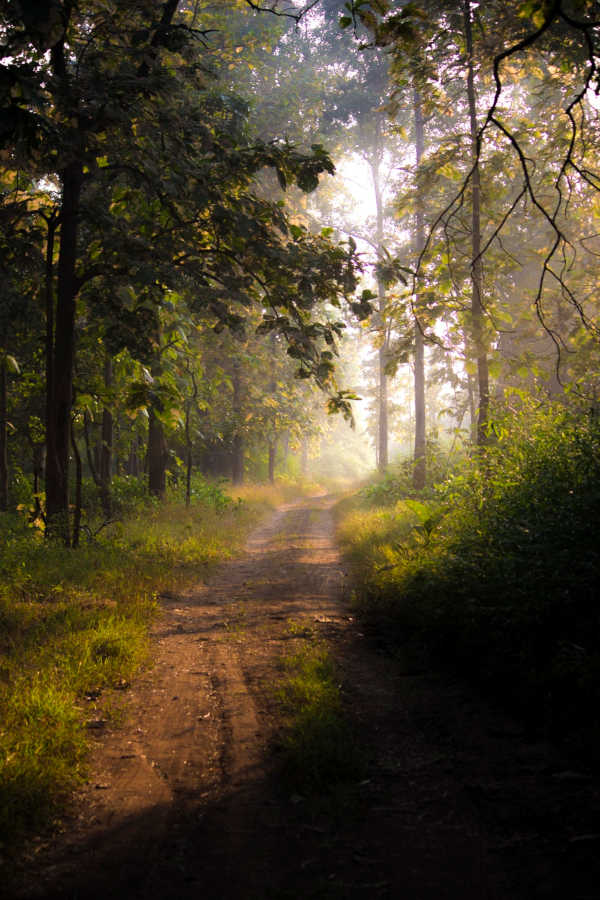FWP:
SETS == BAH; KIH; MIDPOINTS; STRESS-SHIFTING
DESERT: {3,1}
GAZE: {10,12}
ROAD: {10,12}
For background see S. R. Faruqi's choices. For more on Ghalib's unpublished verses, see the discussion in {4,8x}.
Structurally speaking, this verse resembles {84,2x}.
Here we have the wordplay of the gaze-- it's long and straight like a path, in an image that evokes {10,12}. And in, or through, or with, the 'wilderness of waiting' (which of course has the root of na:zar ), just as the beloved's gaze emerges from collyrium-rimmed eyes, the speaker's gaze will emerge from eyes rimmed with the dust of the road. Perhaps road-dust too will have the attractive, soothing, anti-glare properties of collyrium (on the nature of collyrium in general see {44,1}); but even if it doesn't, it will be an appropriate cosmetic for the eyes of a true lover.
But then, the range of possible senses of kih is multiplied by the possibilities of bah , so that as so often, it's left up to us how to put it all together.
Then when we get to the second line, there's that juu;N jaadah . But exactly who or what is 'like a path'? Here are some possibilities, if different words are emphasized:
=The way the road itself is dusty-- the lover's eyes would be dusty in the same way.
=The way the path is constantly gazing off into the distance, looking out and waiting for the beloved-- the lover would look out in the same way.
=The way the path makes its gaze collyrium-ish with dust-- the lover too would do the same.
=The way the path makes a 'gaze' for itself out of a long, thin cloud of agitated dust-particles-- the lover too would make such a gaze for himself.
=The way the path lies fallen and prostrate amidst the 'wilderness of waiting'-- the lover too would lie fallen that way.
And of course these aren't mutually exclusive possibilities either. The verse's clever construction means that the adverbial phrase juu;N jaadah is what I call a 'midpoint', with possibilities of being inserted at different points in the grammar of the verse, to modify different actions. Not bad for a nineteen-year-old poet.

Asi:
Ah, how good is that fallenness-- that in the jungle of waiting I, like a path, would lie fallen, and would always put in my eyes the collyrium of the dust of the road! The gist is, how good it is to keep waiting for the beloved.
== Asi, p. 161